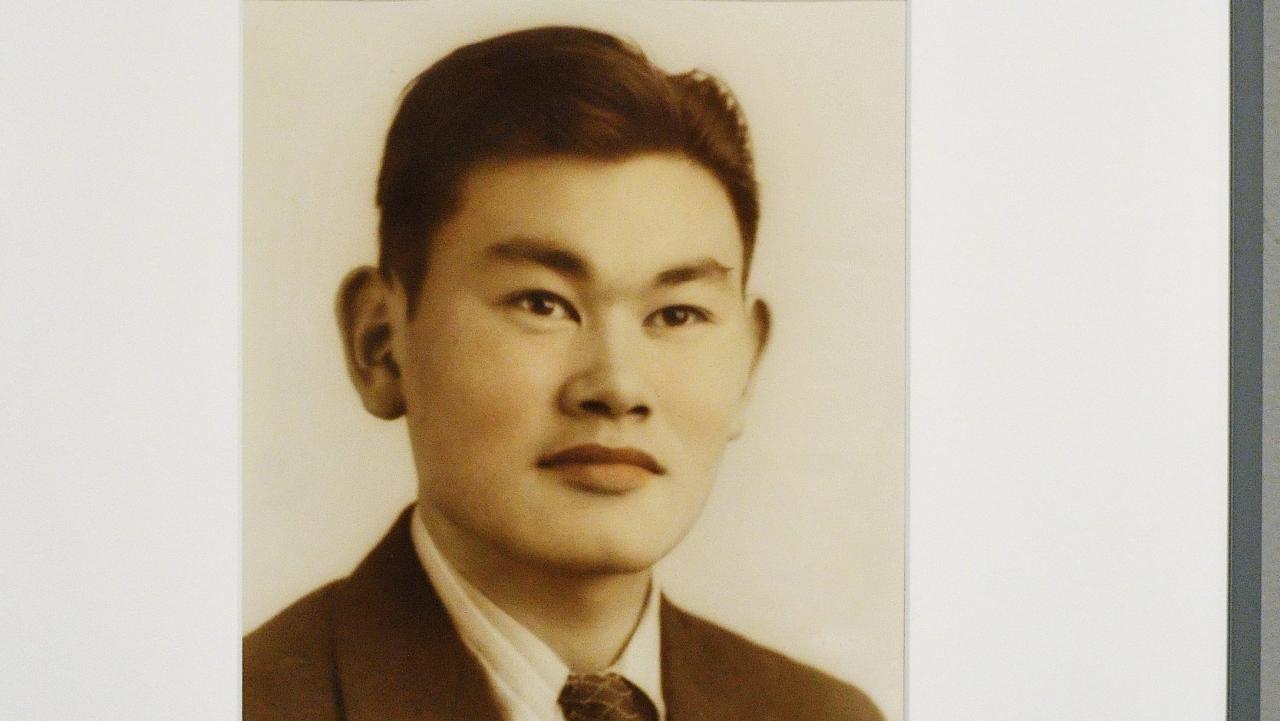Korematsu v. united states quimbee – Korematsu v. United States, a pivotal case in American history, unveils a gripping tale of civil rights, government authority, and the profound impact of wartime decisions. This case, which reached the Supreme Court in 1944, continues to resonate today, offering valuable lessons about the delicate balance between national security and individual freedoms.
In the aftermath of the Pearl Harbor attack, President Franklin D. Roosevelt signed Executive Order 9066, authorizing the internment of Japanese Americans in detention camps. Fred Korematsu, an American citizen of Japanese descent, defied the order and challenged his unlawful detention, setting the stage for a landmark legal battle.
Legal Arguments and Proceedings
The legal battle in Korematsu v. United States was characterized by compelling arguments from both sides. The government defended its actions by invoking wartime necessity, arguing that the internment was a reasonable measure to protect national security. Korematsu, on the other hand, asserted that the internment violated his constitutional rights and was based on racial prejudice rather than any legitimate security concerns.
Government’s Arguments
The government’s primary argument was that the internment was a necessary wartime measure to prevent espionage and sabotage. They cited the presence of Japanese spies and sympathizers within the Japanese-American community as justification for the mass detention.
Korematsu’s Arguments
Korematsu challenged the government’s claims, arguing that the internment was based on racial prejudice rather than any genuine security threat. He pointed out that there was no evidence to suggest that Japanese-Americans were more likely to commit acts of disloyalty than any other group.
Moreover, he argued that the internment violated his constitutional rights to due process and equal protection under the law.
Legal Proceedings
The case was initially heard in a federal district court in California, where Korematsu’s petition for a writ of habeas corpus was denied. The decision was appealed to the Ninth Circuit Court of Appeals, which upheld the lower court’s ruling.
Korematsu then appealed to the Supreme Court, which ruled against him in a 6-3 decision in 1944.
Supreme Court Decision and Dissenting Opinions
The Supreme Court’s 6-3 majority opinion in Korematsu v. United States upheld the government’s wartime detention of Japanese Americans. The Court reasoned that the military’s actions were justified by the need for national security during a time of war.
Majority Opinion
The majority opinion, written by Justice Hugo Black, relied heavily on the precedent of Ex parte Milligan (1866), which held that the government could not detain civilians in areas where the writ of habeas corpus was not suspended.
However, the Court distinguished Korematsu from Milligan on the grounds that the United States was at war with Japan at the time of Korematsu’s detention. The Court held that the government had a legitimate interest in protecting the country from espionage and sabotage, and that the detention of Japanese Americans was a reasonable way to achieve this goal.
Dissenting Opinions
Justices Frank Murphy and Robert Jackson dissented from the majority opinion. Murphy argued that the detention of Japanese Americans was a violation of their constitutional rights, and that the government had not presented sufficient evidence to justify the detention.
Jackson agreed with Murphy that the detention was unconstitutional, but he also argued that it was a “military necessity.” However, Jackson believed that the government had not met its burden of proving that the detention was necessary, and that the Court should have struck down the government’s actions.
Impact and Legacy of the Case

The Korematsu decision had a profound and lasting impact on Japanese Americans and civil liberties in the United States.
Immediately following the ruling, the U.S. government began to forcibly remove Japanese Americans from their homes and businesses on the West Coast. Over 110,000 people, two-thirds of whom were American citizens, were incarcerated in concentration camps for the duration of the war.
The Korematsu decision also set a dangerous precedent for the government to suspend civil liberties during wartime. In the years that followed, the decision was cited as justification for the internment of other groups, including German Americans and Italian Americans, during World War II.
Subsequent Legal Challenges
In the decades after the war, Japanese Americans and their allies fought to overturn the Korematsu ruling. In 1983, a federal court ruled that the government’s internment of Japanese Americans had been unconstitutional. The U.S. government formally apologized for the internment in 1988 and paid reparations to survivors.
However, the Korematsu decision remains a controversial precedent. In 2018, the Trump administration cited Korematsu in its defense of the travel ban on citizens from several Muslim-majority countries.
Modern-Day Relevance and Lessons Learned
Korematsu v. United States continues to resonate in contemporary society, sparking discussions about civil rights, national security, and racial profiling. The case serves as a cautionary tale about the dangers of unchecked government power and the importance of protecting individual liberties.
Civil Rights and Racial Profiling
Korematsu’s experience reflects the ongoing challenges faced by minority communities in the United States. Racial profiling and discrimination remain prevalent, raising concerns about the erosion of civil rights. The case reminds us of the need for vigilance in protecting against such injustices.
National Security and Overreach, Korematsu v. united states quimbee
The balance between national security and individual rights remains a complex issue. Korematsu’s case demonstrates the potential for government overreach in the name of protecting the nation. It underscores the importance of carefully scrutinizing government actions to ensure that they are proportionate and do not infringe on fundamental freedoms.
Lessons Learned
Korematsu v. United States teaches valuable lessons about the importance of:
- Protecting individual rights even in times of national crisis
- Preventing government overreach and abuse of power
- Challenging discrimination and racial profiling
- Upholding the principles of due process and equal protection under the law
Key Questions Answered: Korematsu V. United States Quimbee
What was the main argument of the government in Korematsu v. United States?
The government argued that the internment of Japanese Americans was a necessary measure for national security, as they posed a potential threat to the country during World War II.
What were the dissenting opinions in Korematsu v. United States?
Justices Murphy and Jackson dissented, arguing that the internment was unconstitutional and violated the rights of Japanese Americans.
What is the significance of Korematsu v. United States today?
Korematsu v. United States remains a landmark case that highlights the importance of civil liberties and the dangers of racial profiling and government overreach.

